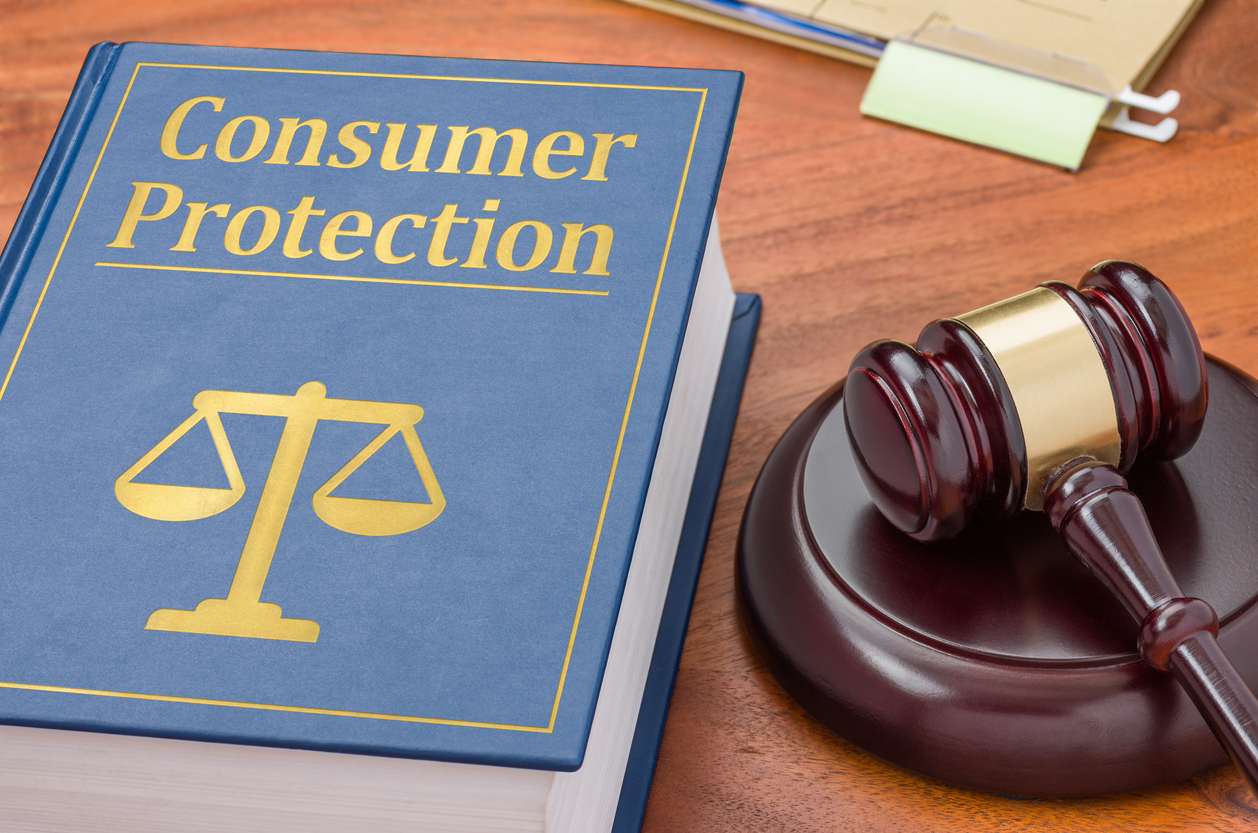Just one day after expressing my opinion that more needs to be done to enhance dietary supplement regulations and requirements, I found that the FTC recently revised an older guidance (from 1998) entitled Dietary Supplements: An Advertising Guide for Industry. The new guidance entitled Health Product Compliance Guidance (here), was issued on December 20, 2022 and covers not only the way the FTC will approach advertising and evaluation of claims for dietary supplements, but also other health related products for which express FDA approval are not required.
Besides the FDA’s actions in regard to enforcement of these products over the years the guidance notes that:
“Since 1998, the FTC has settled or adjudicated more than 200 cases involving false or misleading advertising claims about the benefits or safety of dietary supplements or other health related products, including foods, over-the-counter (OTC) drugs, homeopathic products, health equipment, diagnostic tests, and health-related apps. This update draws on the issues raised in those cases to illustrate how the FTC identifies the express and implied claims conveyed in advertising and how the agency evaluates the scientific support for those claims. While most of the examples involve dietary supplement advertising, the same legal principles apply to the marketing of any health-related product.”
The document discusses the type of information necessary to support statements and to ensure the “benefits and safety of health-related products are truthful, not misleading, and supported by science.” There is a discussion about the shared responsibility and jurisdiction between the FDA and the FTC as well as evaluation between the key differences between FTC and FDA law. Through various examples the document discusses the FTC thinking for identifying claims and interpreting ad meaning and the need to disclose qualifying information, stating “for example, advertisers should disclose any significant limitations on an advertised health benefit.” In addition, the guidance defines clear and conspicuous disclosure as well as how the FTC views how to substantiate claims and the amount and type of evidence necessary. There are also cautions about celebrity endorsements, “expert” endorsers, and the extent to which the experts to use and have direct experience of the product and how they are renumerated.
The 42-page document sheds light on what might be a newly-found appetite for FTC enforcement action to supplement the enforcement work of FDA compliance activities.



